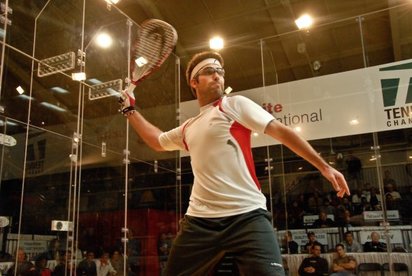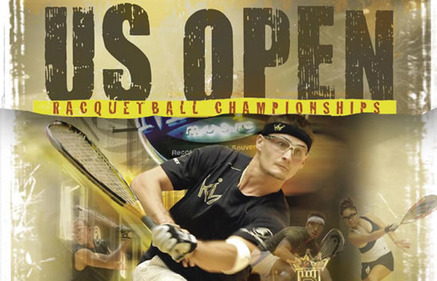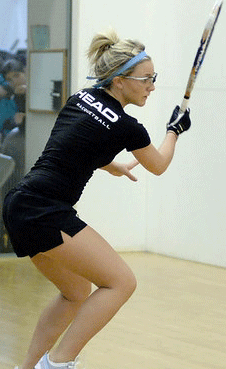The History
Racketball was founded in the US in 1952 and its popularity grew rapidly a major contributing factor being that the sport was played on American Hardball courts which were already in existence. The sports first governing body was formed in 1969 and now goes by the name of USRA, in the US the sport now has an estimated 5.6 million players.
Racketball Spreads..
Racketball first began to be played in the UK in 1976 and is a modification of the US version of racketball. Played on a squash court rather than a hardball court, the sealing is now out of bounds and the rules closely follow that of squash. The sport in the UK has grown rapidly with England Squash incorporating racketball in 1984, this version of racketball is now being played in many countries where squash is popular such as Australia, Bermuda, New Zealand, Malaysia, South Africa, France The Netherlands, Sweden, Germany, North America and many others.
Racketball: The fastest growing UK sport
Racketball is now the fastest growing sport in the UK, as the game is played on a squash court its core infrastructure is already in place with over 5000 courts around the UK. The England Squash and Racketball quoted participation figure is 500,000 people who play either squash or racketball regularly in the UK.
The sport of racketball is rapidly expanding throughout the world and will continue to do so in the future. There are a number of reasons for this:
The sport of racketball is rapidly expanding throughout the world and will continue to do so in the future. There are a number of reasons for this:
- The game is easy for beginners. The rackets are very short making it a simple game to play as the eye, hand, ball coordination is as easy as hitting the ball with one's hand rather than trying to judge the distance between the hand and head of a squash, badminton or tennis racket.
- There are established facilities already in place in the form of squash courts and clubs
- Equipment is easily accessible, see UK-RB shop.
- The ball is very bouncy and does not need warming before normal play
- The lower intensity and slower pace of movement required by the player allows older or less agile players to hold longer rallies without the risk of further injury. This often means many ex-squash players convert to racketball due to injury or reduced mobility or just for longer rallies.
- Racketball is one of the fastest ways to burn calories in a short space of time, allowing people to keep fit whilst enjoying themselves.
- The game is easy to learn but difficult to master allowing it to be enjoyed by all standards of player




